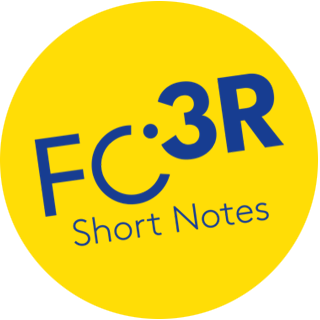RECHERCHER DANS LES SHORT NOTES
(en anglais uniquement)
Les Short Notes sont des rapports concis qui encouragent la Science Ouverte, en rendant accessibles des résultats scientifiques jusqu'alors non partagés. Découvrez ici les Short Notes acceptées après évaluation par des experts. Pour des conseils détaillés ou pour partager vos résultats de recherche, visitez la plateforme de soumission des Short Notes.

(en anglais uniquement)
Alexandre Faisant, Sandra Carignon, Arnaud Menuet, Nicolas Riteau, Marc Le Bert
Posted on Thursday February 29, 2024
DOI: 10.60675/b30k-ht75/sn001-2024/fc3r-short-notes
This study aimed to establish an experimental model of Guillain-Barré Syndrome (GBS), a peripheral inflammatory neuropathy in humans, using the Experimental Autoimmune Neuritis (EAN) model in C57BL/6 mice. This approach was informed by a comprehensive bibliographic analysis. While this experimental model has been developed successfully in rabbits, rats, and the SJL mouse strain, the literature on its application in C57BL/6 mice is limited. Our protocol analysis encompassed twenty-one articles utilizing the P0180-199 neurogenic peptide to induce EAN in this genetic background. Based on this literature, we selected one protocol for replication and made three adaptations. Despite using high-quality P0(180-199) peptide, we were unable to reproduce the selected EAN protocol or induce any pathological signs, even under optimized conditions. As a control to validate our reagents and methodology, we replicated a different model of inflammatory neuropathy targeting the central nervous system: the well-established Experimental Autoimmune Encephalitis (EAE) protocol. This replication was successful using the same C57BL/6 mouse genetic background and reagents, with the sole exception of the neurogenic peptide employed (MOG(35-55)).